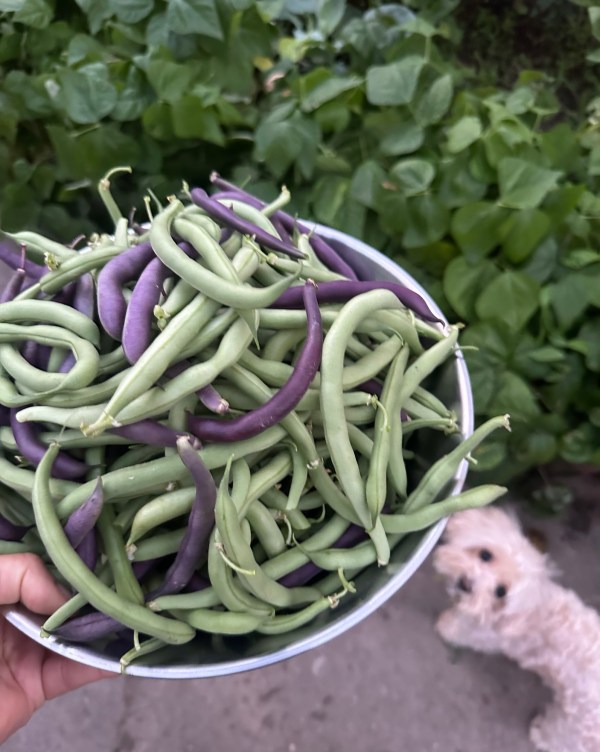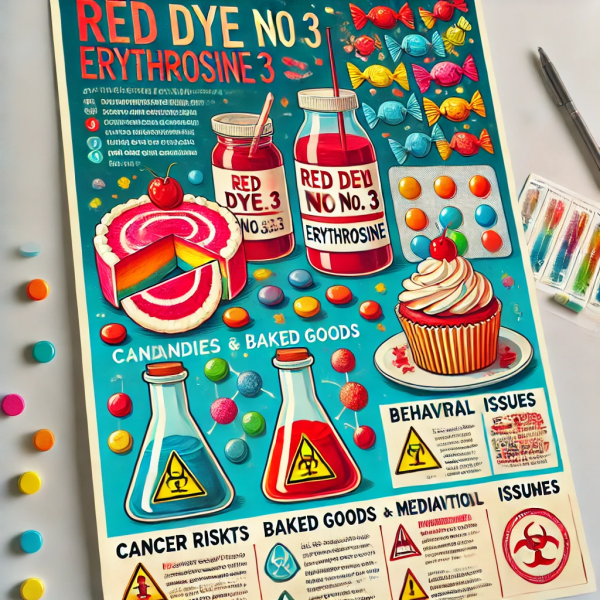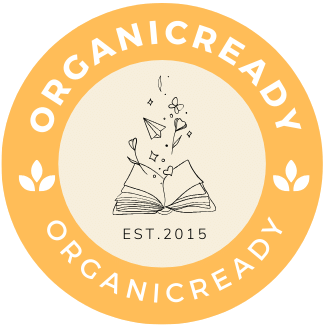The summer is a great time to get into the garden, get a little dirty, and plant some beans. This variety is called bush beans. It’s one of the easiest beans to grow. I mixed two packs of purple and green together, then planted two seeds in one hole about 4-5 inches apart in one... Continue Reading →
How to Create Email Marketing Campaigns: Why It’s Important, Cost Options, and Benefits?
Email marketing is not just an option—it’s a necessity for modern businesses. One of the most effective and powerful tools for businesses to connect with the world, foster leads, and drive conversions, is through email marketing.
Building Your Business: Essential Steps for New Entrepreneurs
Starting your own business is an exciting journey filled with opportunities and challenges. Whether launching a small side hustle or a full-scale startup, taking the proper steps can set you up for success. This guide outlines essential steps every entrepreneur should follow and educational resources to support your business growth. 1. Create a Business Plan... Continue Reading →
The Rise of Skills-Based Hiring: How to Highlight Your Transferable Skills
The job market is forever changing. With many companies eliminating DEI initiatives and focusing more on skill-based hiring, learn how to highlight your transferable skills to stand out amongst the masses.
The Power of Credit Utilization: How to Optimize It for Better Credit Health
Credit utilization, a key factor in your credit score. Find out the importance and strategies for boosting your FICO score. #FICO #creditutilization #creditrepair
Reset Friday’s
Reset Fridays is a weekly routine to reflect, reset, and prepare for the week ahead by decluttering your space, reviewing wins and challenges, setting SMART goals, and practicing self-care.
Red Dye No. 3 Finally Banned
🗣️FINALLY! The U.S. Food and Drug Administration (FDA) has announced a ban on Red Dye No. 3, also known as Erythrosine, from foods, dietary supplements, and ingested drugs due to its association with cancer in animal studies. A 2022 petition by food safety and health advocates and is guided by the Delaney Clause, which mandates... Continue Reading →
Focus on Results: Highlight Measurable Achievements
Focusing on measurable achievements with specific metrics can turn your resume from average to impactful. OrganicREADY LLC, uses this approach to help you thrive in every aspect of your career journey, setting you apart from the competition.
Fall Favorite: Fresh Applesauce
Whether you enjoy it on its own, as a side, or as a natural sweetener, this simple organic applesauce recipe will bring warmth to your kitchen and wellness to your table. I love these little jars. They're super easy to use, clean, and transport for healthy snacking. #applesauce #fallfavorite #apples #applepickingseason






















